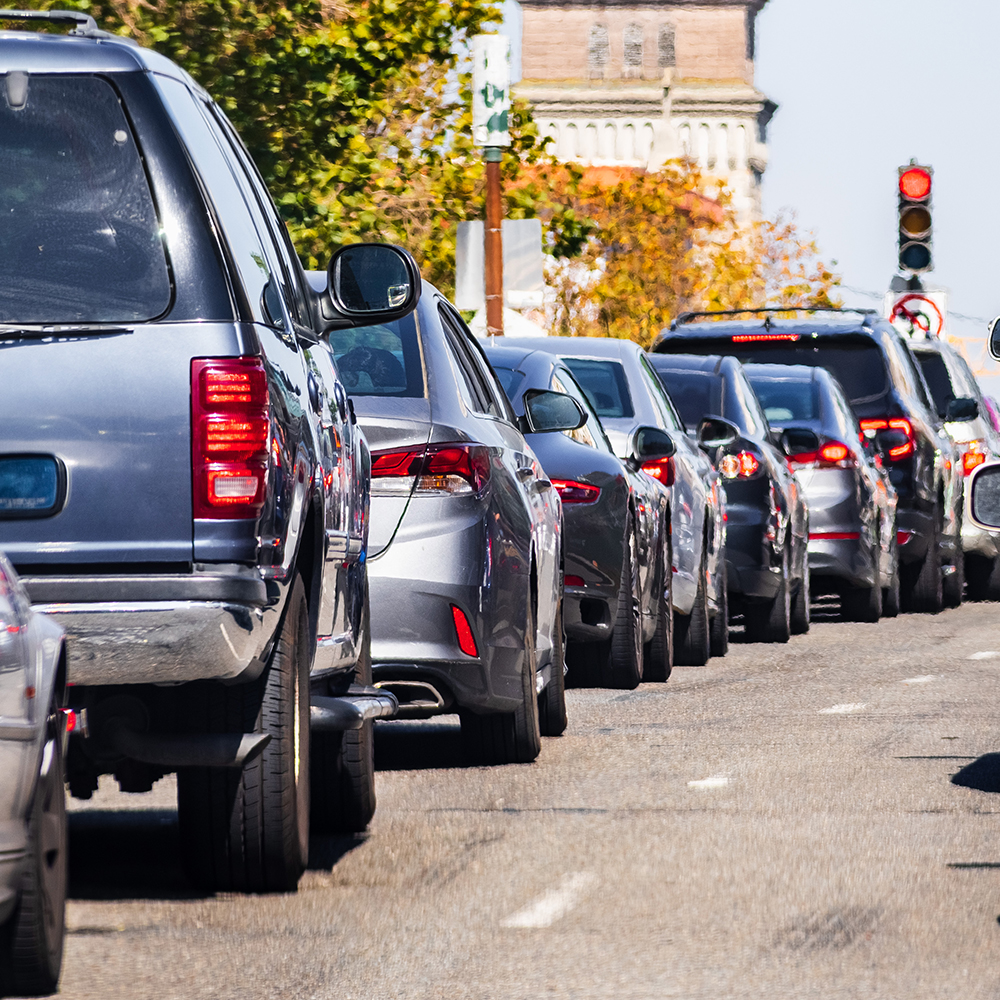The average price of a gallon of regular unleaded in California was $4.60 on Dec. 9. The week before it was $4.86, and a month earlier, it was $5.45. The current price, roughly the same as a year ago, when it was $4.68, is likely to fall even lower.
Yes, “the decline comes as Gov. Gavin Newsom (last week) convened a special session of the state Legislature to consider a cap on the profit margins of California oil refiners to prevent price gouging,” as the Times of San Diego has pointed out. But the Times also reports that the state has now “shifted to the less expensive ‘winter blend’ of gasoline under clean air regulations,” which means the savings from production can be passed on to consumers.
Gas prices tend to follow a seasonal pattern, falling around Labor Day and reaching a bottom in January or February. There are of course other factors that impact prices, such as refinery maintenance shutdowns that cut into the supply. But the seasonal ups and downs are predictable.
So are the effects of policy and regulation, which create permanent (until removed) structural difficulties for the industry. Even political rhetoric skews the market. High gas prices have been a lowlight of Joe Biden’s presidency, and although he says he’s not to blame and that there’s nothing he can do to move prices, he has done something, and it was the wrong thing to do: He promised to put fossil fuel energy companies out of business. Don’t think that this doesn’t affect executive decisions in the oil company C-suites and among investors. It does. When their incentives to grow and make profits are ripped away, executives will shift their companies into neutral. What’s the point of looking forward? At the same time, investors will put their dollars in sectors that aren’t being targeted for death by the government.
What’s happening nationally is also happening in California. Newsom wants to punish oil companies for high prices with a windfall profits tax, which in this state might be politically popular, but in the real world his politicization will only force production downward. Even with no tax yet levied – lawmakers are expected to get into Newsom’s details after the first of the year – “California’s regulatory environment is putting future investment in refining and fuel manufacturing at risk in the state,” PBF Energy Inc., which declined to appear before a recent regulatory hearing, said in a letter sent last month to the governor.
One oil industry executive who did attend the hearing, Catherine Reheis-Boyd, president and CEO of the Western States Petroleum Association, told regulators that merely talking about punishing energy companies for prices is “sending the absolute opposite investment indication for anyone who wants to continue business here.”
Reheis-Boyd also noted that “we do this in the most challenging operating environment in the country.” And Newsom wants to make it even more challenging.
Producing, selling and buying gasoline and diesel in California is a wearisome task. Production costs and consumer prices are inflated by California-only policies, such as cap-and-trade regulations, motor-vehicle fuel standards that require emissions to be cut by more than a third by 2025, low-carbon fuel standards, and expensive electric vehicle subsidies.
There is also the state’s reformulated fuel blend. Mandated by the California Air Resources Board, it adds 10 to 15 cents to the price of each gallon of gasoline because it’s more expensive to produce than conventional fuels.
Oh, let’s not forget California’s motor fuel taxes. They’re still the highest in the country, and they will continue to grow every July 1 through 2027, thanks to the 2017 highway repair bill, which so far seems to have done little to fix the state’s crumbling roads.
Kerry Jackson is a fellow with the Center for California Reform at the Pacific Research Institute.


